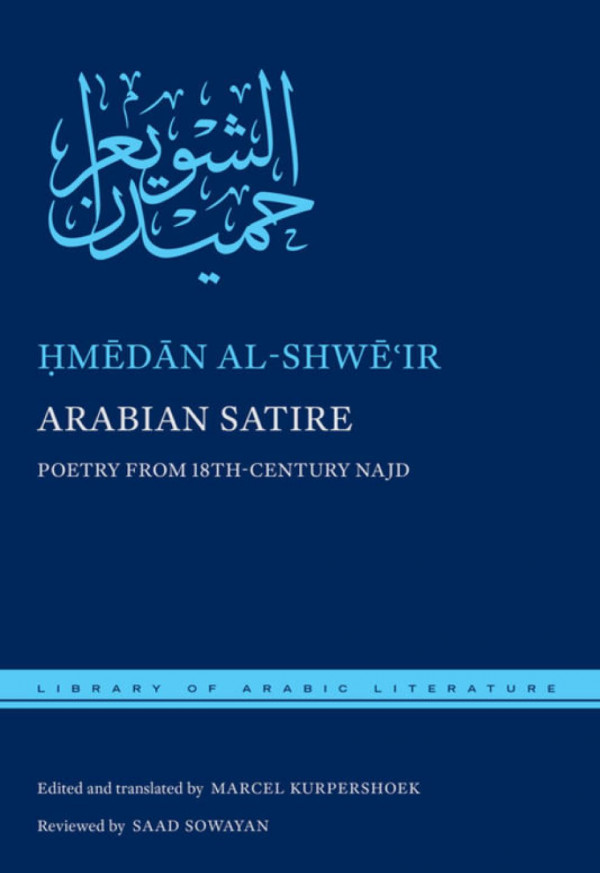

Most ebook files are in PDF format, so you can easily read them using various software such as Foxit Reader or directly on the Google Chrome browser.
Some ebook files are released by publishers in other formats such as .awz, .mobi, .epub, .fb2, etc. You may need to install specific software to read these formats on mobile/PC, such as Calibre.
Please read the tutorial at this link: https://ebookbell.com/faq
We offer FREE conversion to the popular formats you request; however, this may take some time. Therefore, right after payment, please email us, and we will try to provide the service as quickly as possible.
For some exceptional file formats or broken links (if any), please refrain from opening any disputes. Instead, email us first, and we will try to assist within a maximum of 6 hours.
EbookBell Team

4.1
90 reviewsThis lively volume collects poems by Hmedan al-Shwe'ir, who lived in Najd in the Arabian Peninsula shortly before the hegemony of the Wahhabi movement in the early 18th century.
A master of satire known for his ribald humor, self-deprecation, and invective verse (hija), Hmedan was acerbic in his criticisms of society and its morals, voiced in in a poetic idiom that is widely referred to as “Nabati,” here a mix of Najdi vernacular and archaic vocabulary and images dating back to the origins of Arabic poetry. In Arabian Satire, Hmedan is mostly concerned with worldly matters, and addresses these in different guises: as the patriarch at the helm of the family boat and its unruly crew; as a picaresque anti-hero who revels in taking potshots at the established order, its hypocrisy, and its moral failings; as a peasant who labors over his palm trees, often to no avail and with no guarantee of success; and as a poet recording in verse how he thinks things ought to be.
The poems in Arabian Satire reveal a plucky, headstrong, yet intensely socially committed figure—representative of the traditional Najdi ethos—who infuses his verse with proverbs, maxims, and words of wisdom expressed plainly and conversationally. Hmedan is accordingly quoted by historians of the Gulf region and in anthologies of popular sayings. This is the first full translation of this remarkable poet.